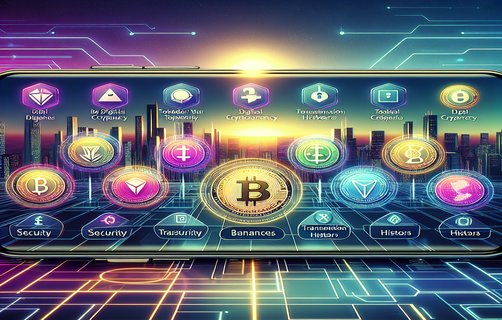Navigating Tomorrow: The Intersection of Distributed Identity and Smart Societies
In the age of digital transformation, humanity finds itself at a critical crossroads, where technology intertwines with the core of social structures. This analysis delves into the realms of distributed identity and customizable networks, revealing not only their potential but also their profound implications for real-time asset management and the intelligent evolution of societies.
At the heart of distributed identity lies the empowerment of individuals. Unlike traditional identity systems, which rely heavily on central authorities, distributed identity enables users to manage their data autonomously. This transition fosters not merely personal privacy but enhances security against looming threats of data breaches. When individuals reclaim control over their digital identities, they can customize their identities and interactions within networks in meaningful ways. This represents a shift from a passive consumer role to an active participant in the digital economy—a change ripe with potential.
Customizable networks emerge as an indispensable companion to distributed identity. With the advent of blockchain and decentralized technologies, the landscape allows for networks that adapt to the needs of their users. Picture communities designing their own governance structures, choosing what transactions hold value, and determining the protocols that facilitate their exchanges. Such environments nurture innovation while reducing dependency on traditional systems. The adaptability of these networks can foster a more democratized flow of information and resources, driving efficiency and collaboration.

In the realm of real-time asset management, the integration of both concepts takes on monumental significance. Utilizing smart contracts and decentralized finance (DeFi) platforms, asset management evolves into a seamless process where transactions occur instantaneously. This not only enhances liquidity but also reduces layers of bureaucracy, allowing individuals and organizations to focus on strategy rather than logistics. As a result, decision-making becomes accelerated, fostering an economy positioned to react to market shifts without the traditional lag.

The discussion wouldn't be complete without considering the societal implications of these technologies. Intelligent societal development hinges not merely on the technology itself, but on the frameworks that govern their application. A forward-thinking approach mandates that ethics, accountability, and societal benefit take precedence in technological advancement. Hence, as we explore these realms, engagement from diverse stakeholders—including technologists, policymakers, and the general public—is vital. The future demands a collaborative conversation that safeguards human dignity while harnessing the full potential of innovation.
In essence, the interplay of distributed identity, customizable networks, and real-time asset management stands as a testament to the profound effects technology can have on societal development. We are on the brink of a new era, one that, if navigated with foresight and care, promises a more equitable and vibrant future. The future is not merely an extension of the past; it is a canvas onto which we may paint our collective aspirations, and it starts with us reimagining the identity, connectivity, and management of our lives in this interconnected world.

评论
TechExplorer
This article brilliantly connects technology with societal evolution!
张伟
对未来发展的讨论非常有见地,期待更多这样的分析。
InnoThinker
The insights on distributed identity were particularly profound!
小红
很有启发性,特别是关于资产管理的部分。
FutureVision
A must-read for anyone interested in the future of technology and society.
李娜
文章写得很好,让我对分布式身份有了新的理解。